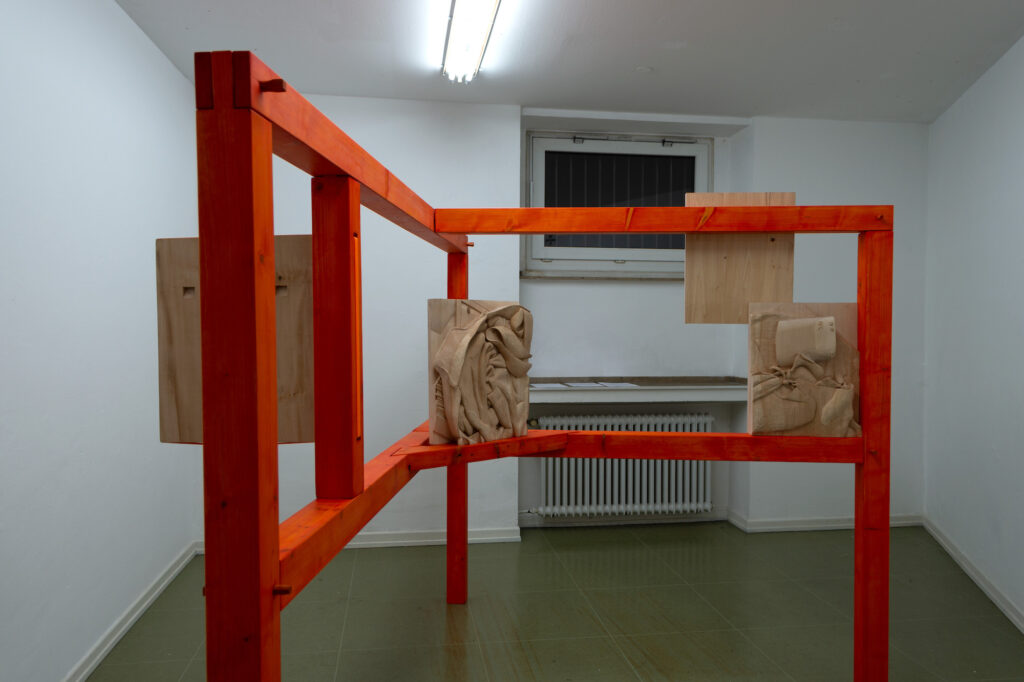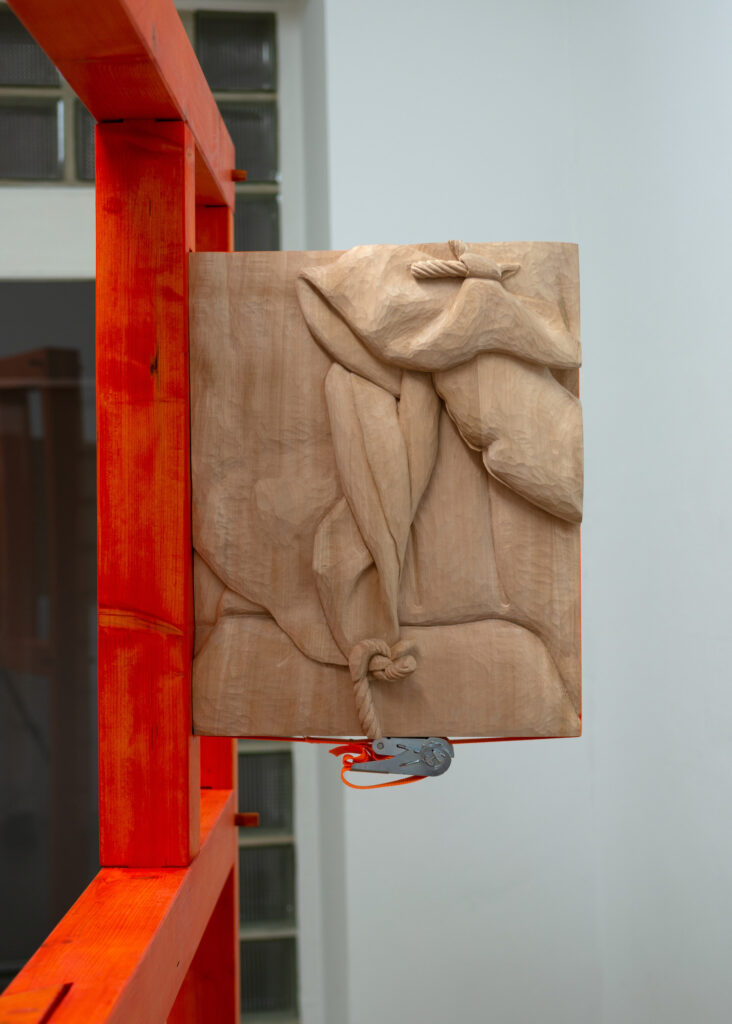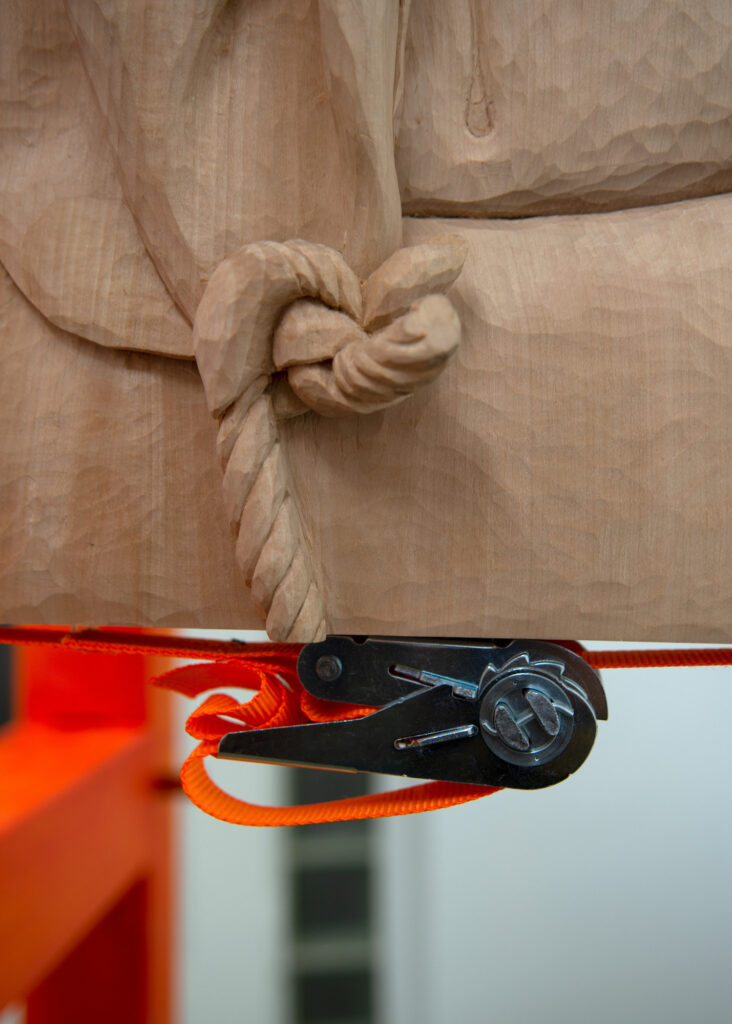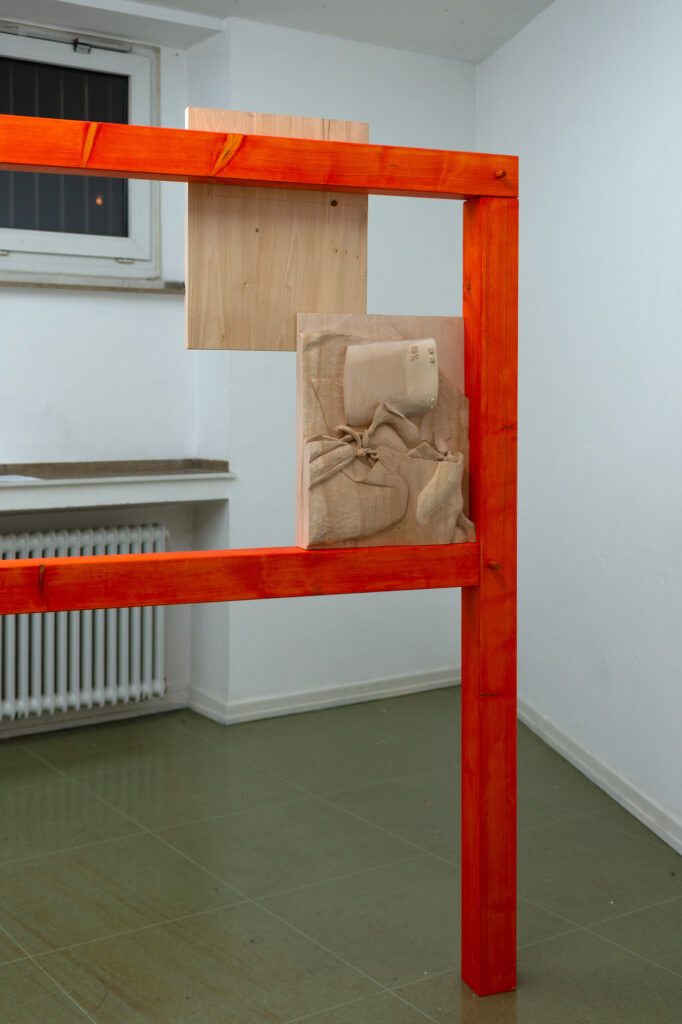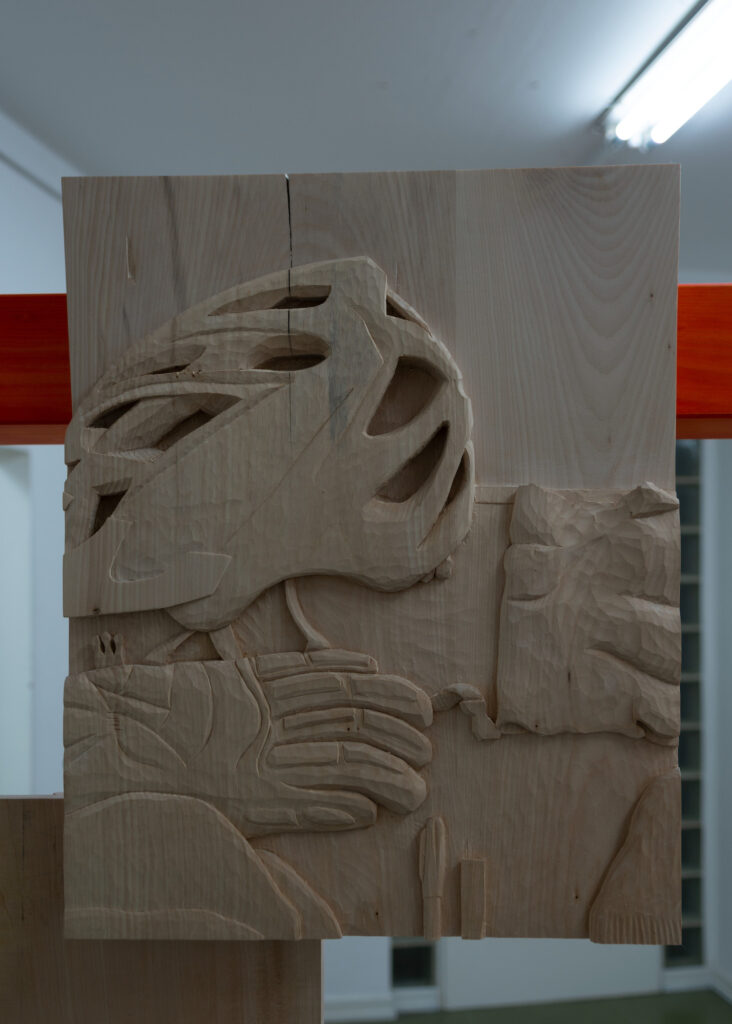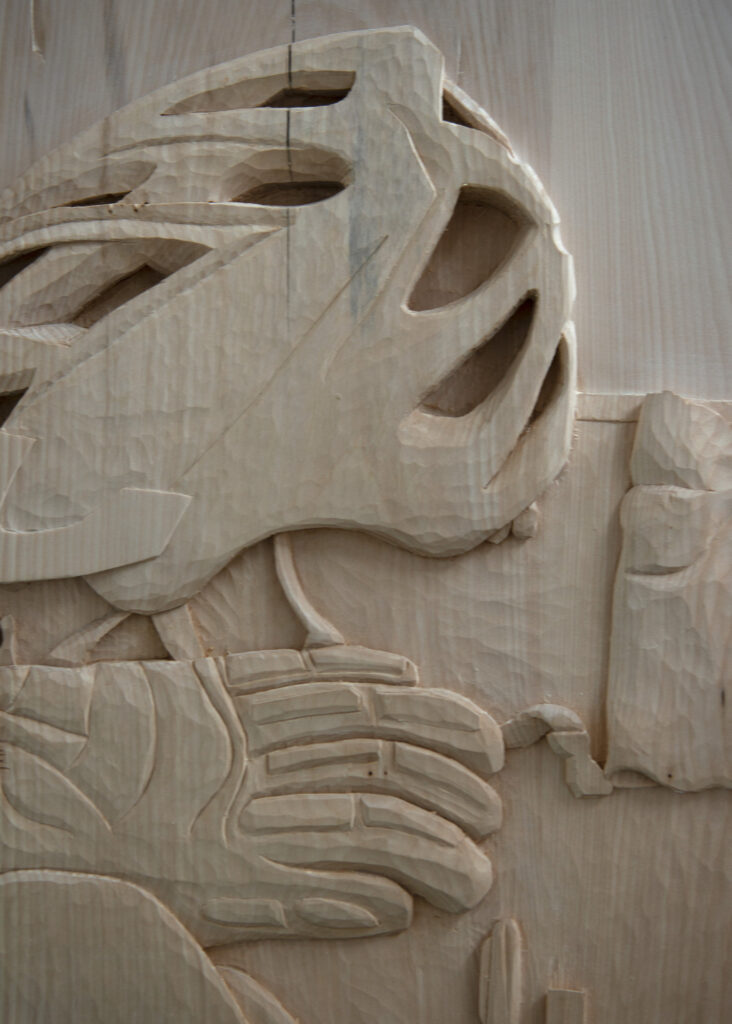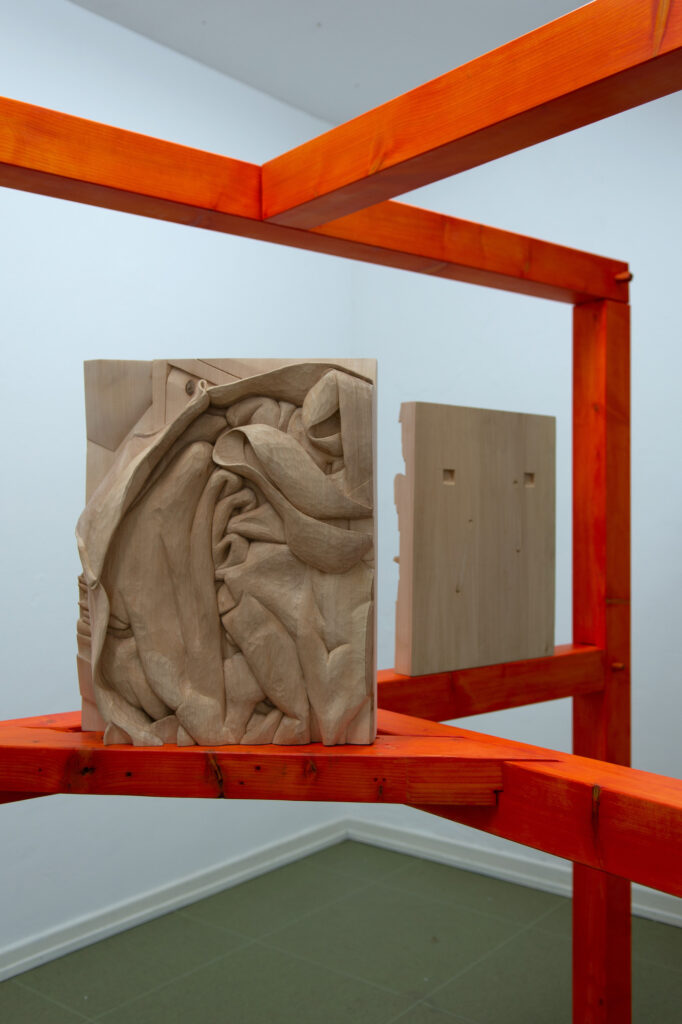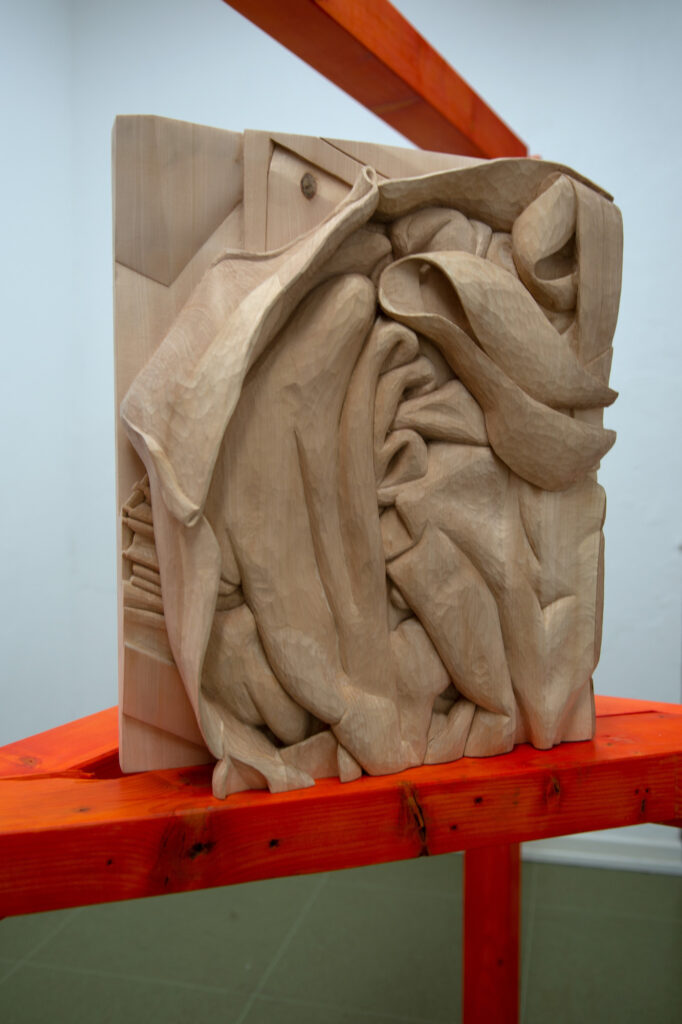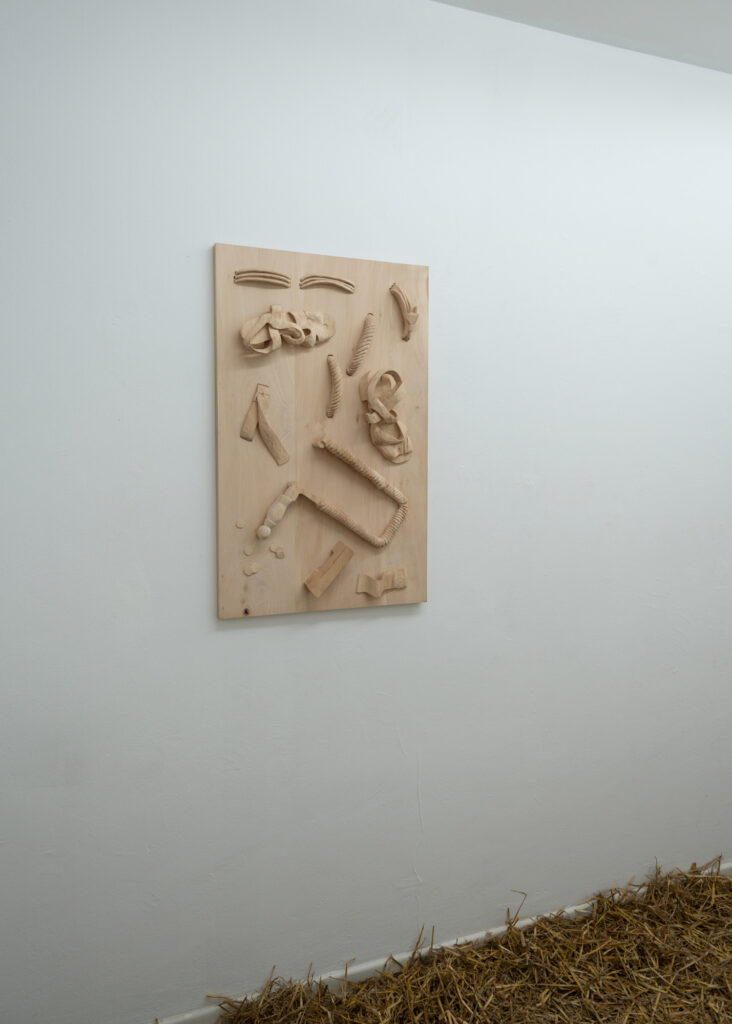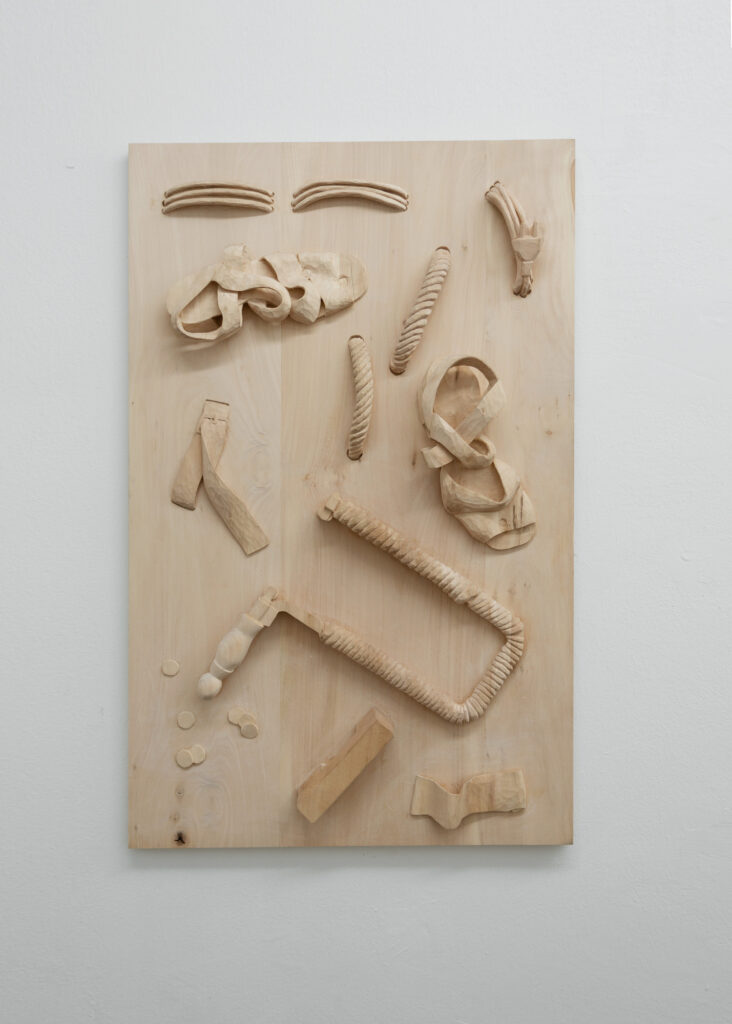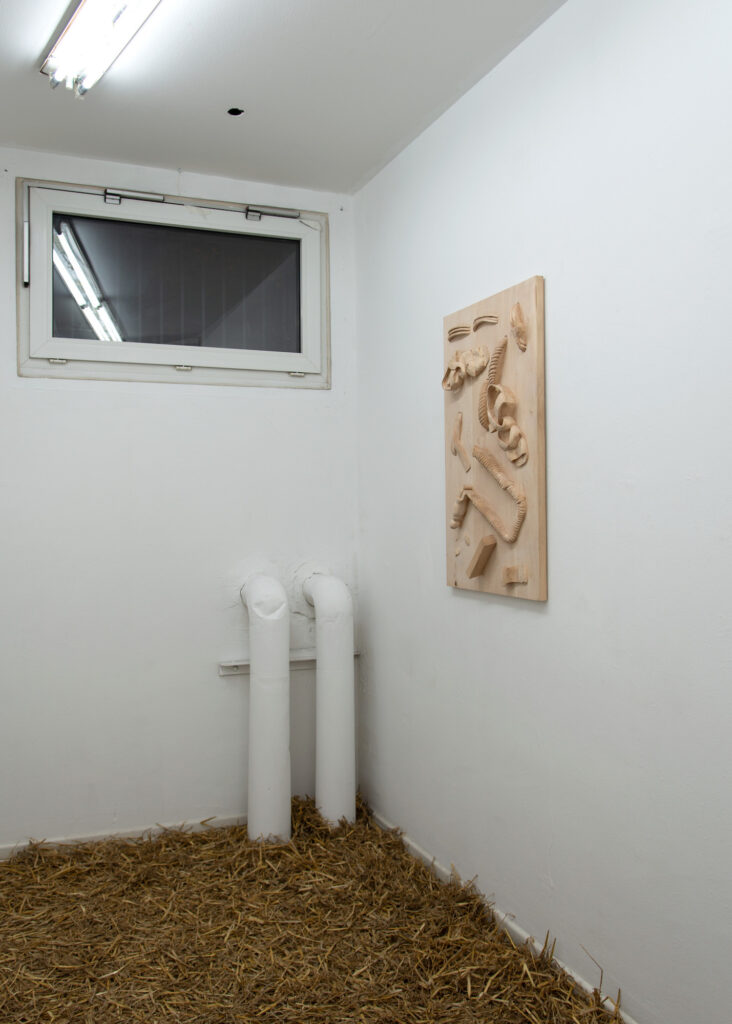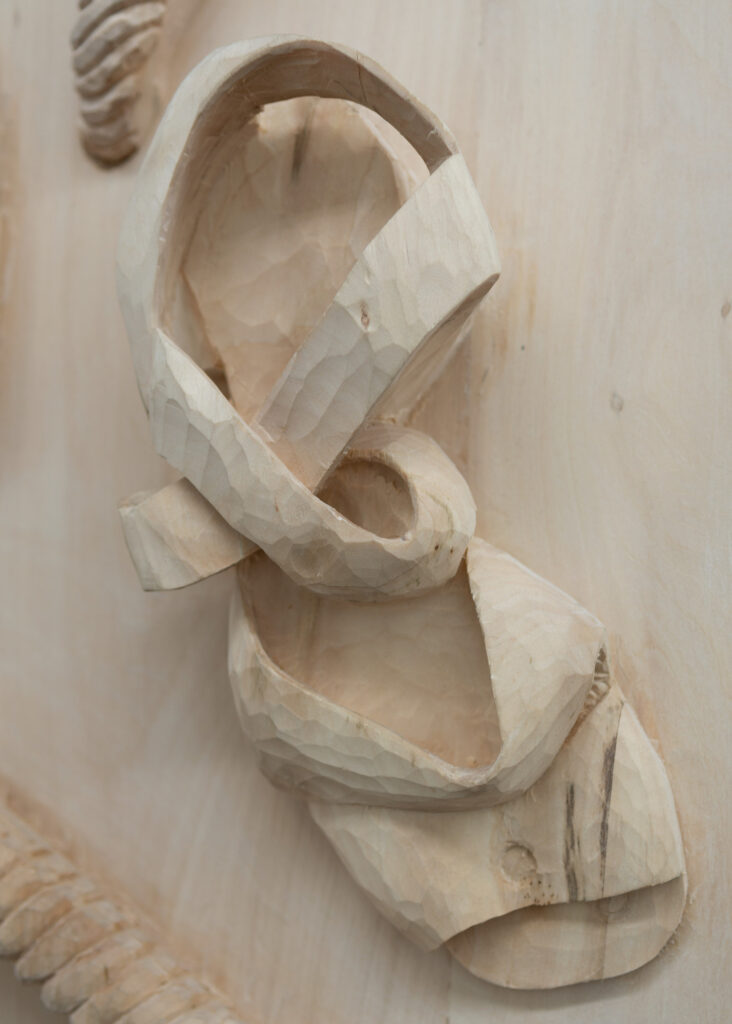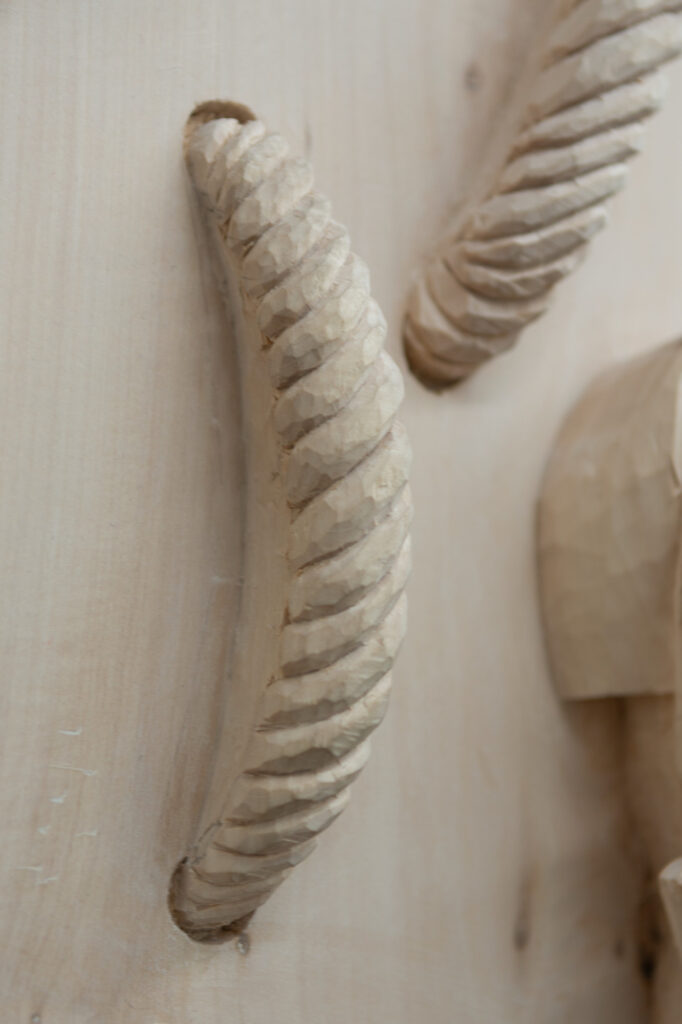The summer was starting – spring was over for at least three weeks. We had a late breakfast and my roommates enjoyed my cooking. Temperature was rising and the cool draft from the sea was refreshing while we sat next to our big round living room window. A massive tourist ship boarded the harbor the night before. It’s twenty-something stories, bright white color and sheer size disrupted the view, but it was normal. After the second coffee and the rest of the omelet was eaten we went our separate ways. One went for his girlfriend around the corner, the other one to see some friends and I – well, I decided to go to my friend’s studio to continue to write my thesis. A simple tuesday on a nice day in May of 2013.
Struggling with the internet connection for most of the day I enjoyed the calm that it came with. The old Nokia did not receive any messages and my writing came along well. Three pages later I returned to the flat and got rid of the sweat my body collected. When I returned from the shower my phone blew up. Something was happening. Protests were a common place here, as voicing opposing opinions was a necessary tool for society to stay relevant in a political system that was building up its absolute power. But this protest seemed successful. No excessive force by the local police, at least not the first day. Everything would change afterwards. People would die – twenty two in total, approx. 8000 injured, but right now, everything was strangely okay. My roommates chose to stay at the protest site. They had tents, food and afterall it was in the middle of the city, only twenty minutes from the house. Images of people enjoying each other’s company streamed into my phone: bonfires, singing. And then it turned sour, the police went in violently. Tanks, water cannons, rubber bullets. For the next few weeks the inner city turned into a civil war zone. We started to prepare ourselves when going out: Carry extra bottles of water and goggles against the tear gas! Scarves to protect your lungs and trainers to run away quickly! Being prepared is a necessity!
Text: Mélange, August 2022
“What is a weapon?” reflects on the criminalization of passive armament[passive Bewaffnung] under §17a of the law of public assembly[Versammlungsgesetz]. The law prohibits the wearing of protective garments or the carrying of defensive objects that might interfere with the activities of the police or other German authorities at open-‐air political gatherings. The law ostensibly refers primarily to military-‐ or police-‐issue body armor, shields, and gas masks. But it can be extended to refer to any protective gear including bike helmets, gloves, bandanas, swim goggles, balaclavas, even baseball hats. That means if you wear a scarf over your mouth to protect yourself from teargas at a demonstration, you could be fined or imprisoned for up to a year. If you defend yourself against the blows of a police baton, you can be arrested for interfering with the cops’ freedom to beat you with a baton. The law has been criticized because seemingly anything can qualify as passive armament if a cop perceives it as such. But the true perversity of the law is that it redefines objects used for personal defense as weapons. In asking “what is a weapon?” Herfurtner is also asking what must be defended.
Ausschnitt aus: Thomas Love, Was ist eine Waffe, 2021.
Übersetzung aus dem Englischen: Sophie Jung
kindly supported by
Stadt Köln
